
Gold has long been a symbol of wealth and power, and in 2024, countries continue to hoard massive gold reserves to secure their economic futures. Central banks around the world are stocking up on gold as a safeguard against economic instability and to diversify their foreign reserves. But which countries are leading the pack when it comes to stockpiling this precious metal?
Here’s a look at the top 10 countries with the most gold reserves in 2024 and why they’re piling it up.
1. United States: 8,133 Tonnes
The United States remains the undisputed leader with a staggering 8,133 tonnes of gold in its reserves. This massive stockpile accounts for a significant portion of the country’s foreign reserves. Gold has historically been a key asset for the U.S., especially during times of economic uncertainty, providing a robust hedge against inflation and currency fluctuations.

2. Germany: 3,351 Tonnes
Germany comes in second, holding over 3,351 tonnes of gold. The country has consistently prioritized maintaining a substantial gold reserve, viewing it as a critical asset for national security and economic stability. Much of Germany’s gold is stored in vaults in the U.S. and the U.K., but the country has repatriated a portion of it in recent years.
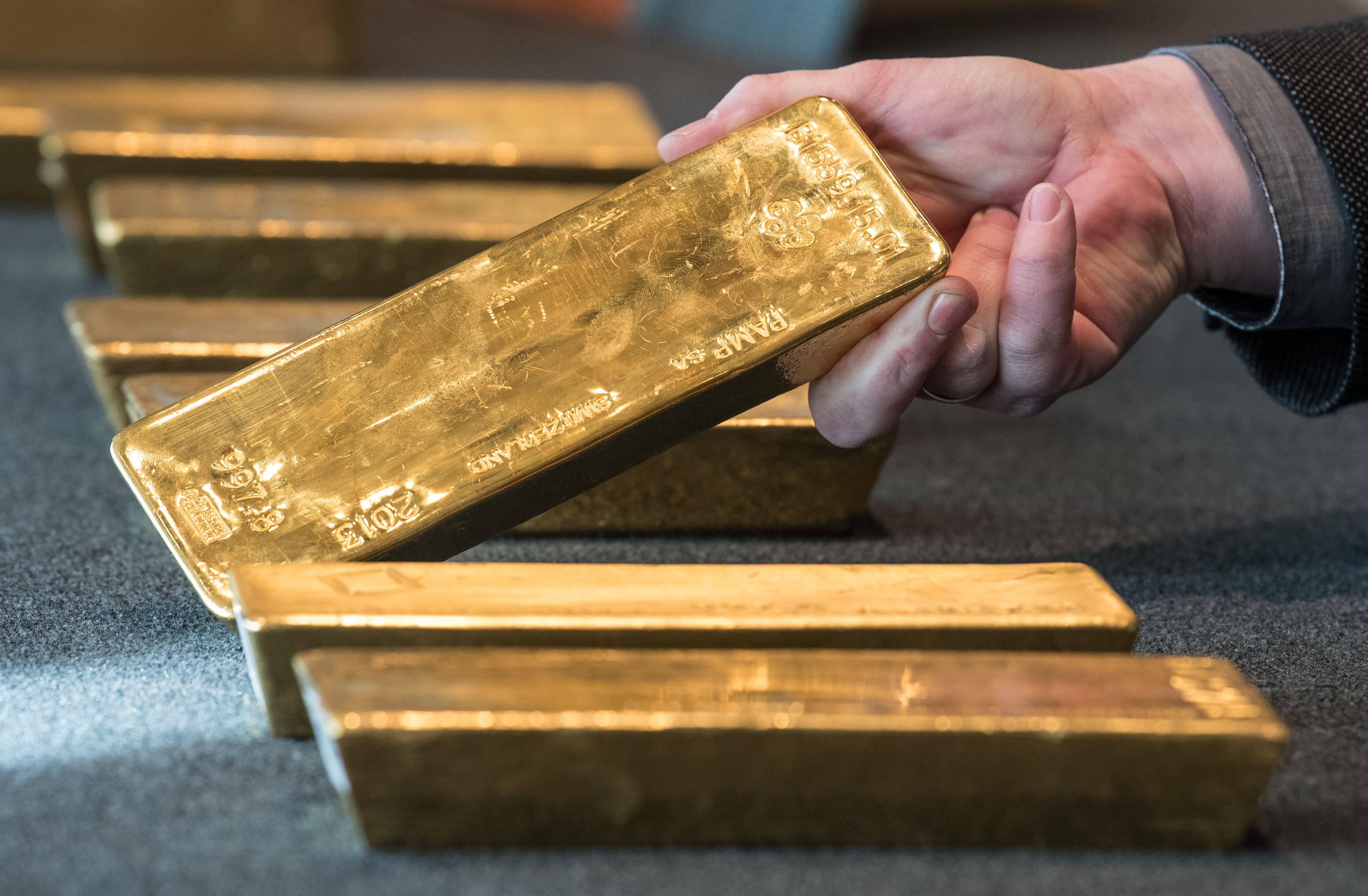
3. Italy: 2,451 Tonnes
Italy ranks third with 2,451 tonnes of gold, a testament to its long history of valuing the precious metal. The Italian central bank sees gold as a solid foundation for its economy, acting as a shield against currency devaluation and providing financial security in turbulent times.
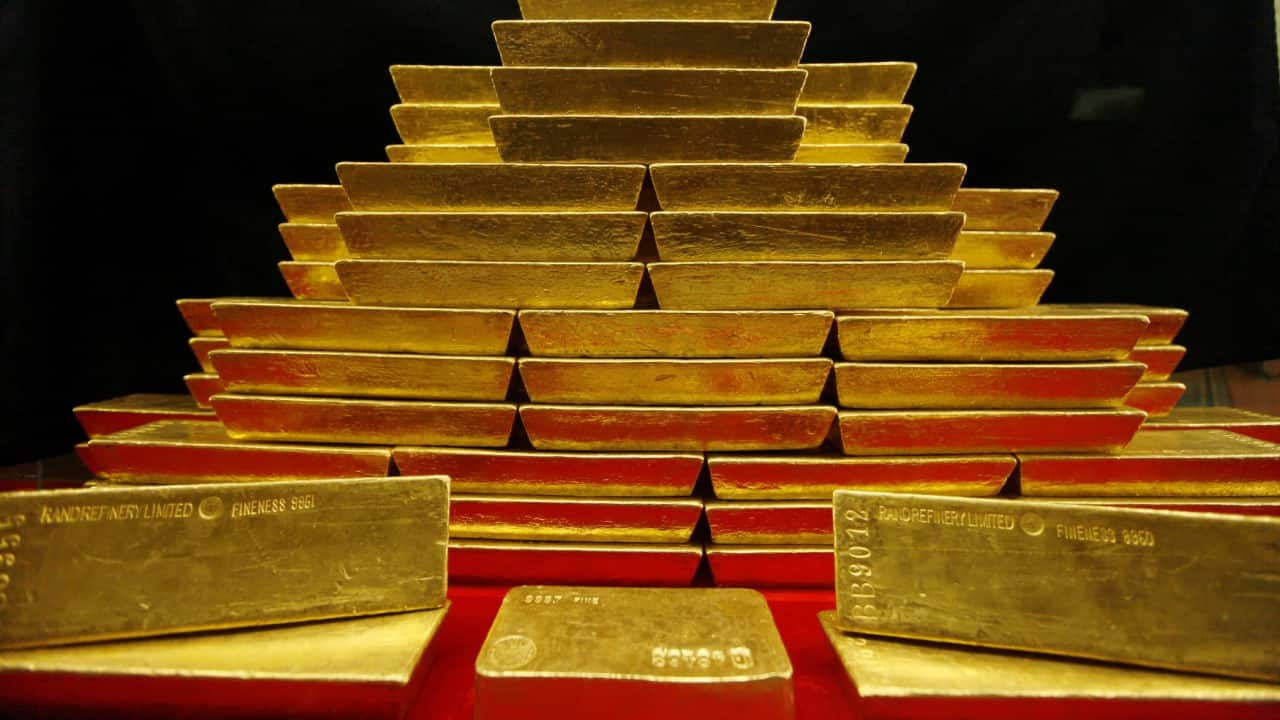
4. France: 2,436 Tonnes
France closely follows Italy with 2,436 tonnes of gold in its reserves. The French central bank views gold as an essential asset, providing stability in a rapidly changing global financial landscape. France’s historical reliance on gold has helped the country weather various economic storms over the years.
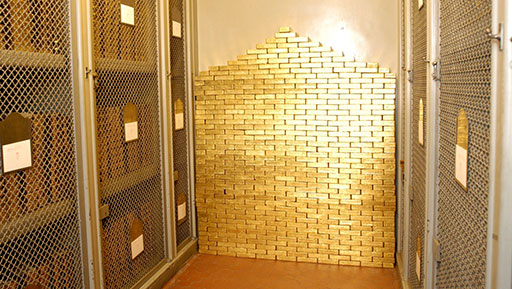
5. Russia: 2,264 Tonnes
Russia has been aggressively increasing its gold reserves in recent years, now holding 2,264 tonnes. The country’s focus on gold is part of a broader strategy to reduce reliance on the U.S. dollar and strengthen its financial sovereignty. Gold has become a cornerstone of Russia’s economic policy, particularly amid international sanctions.
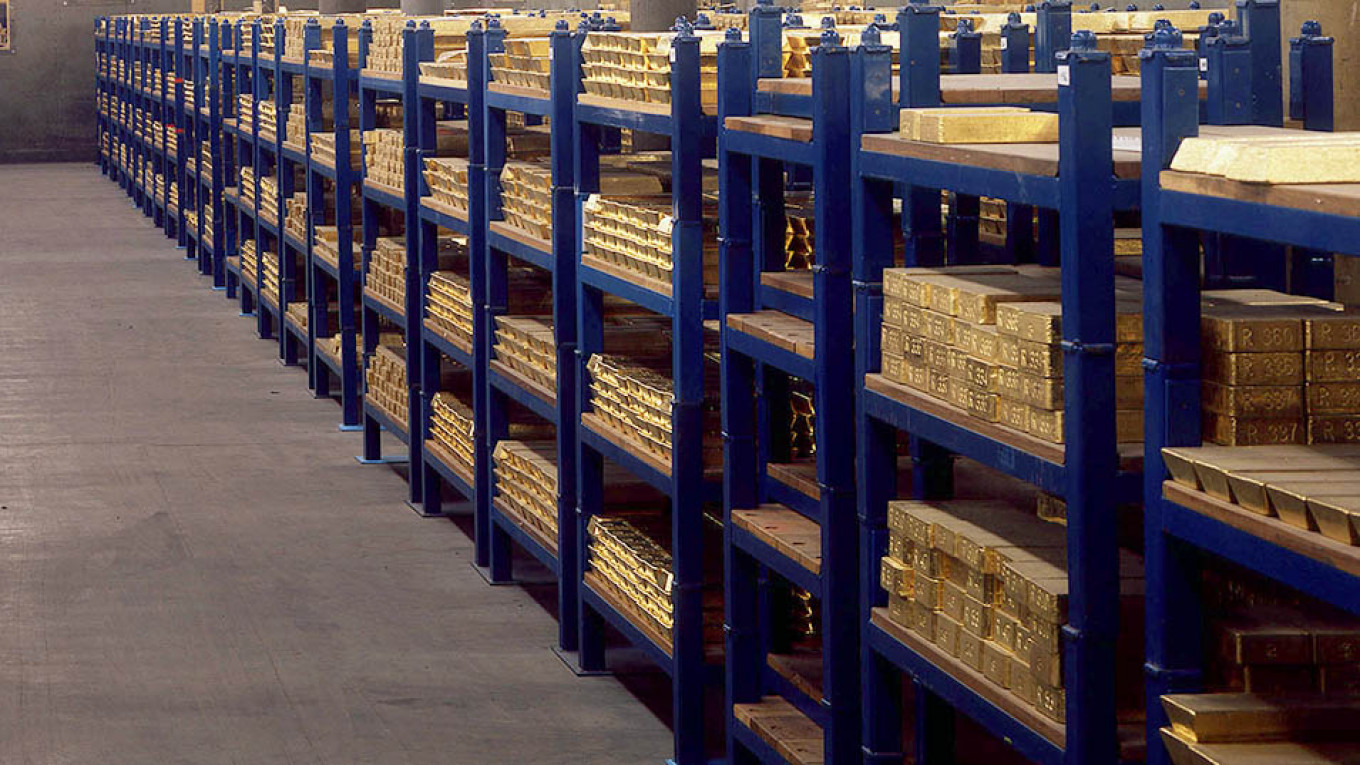
6. China: 2,068 Tonnes
China has steadily been increasing its gold reserves, reaching 2,068 tonnes in 2024. As one of the world’s largest gold producers and consumers, China views gold as a crucial element of its long-term financial strategy. By accumulating gold, China aims to reduce its dependency on foreign currencies and enhance its global financial standing.

7. Switzerland: 1,040 Tonnes
Switzerland, known for its financial stability, holds 1,040 tonnes of gold in its reserves. Despite being a relatively small country, Switzerland has one of the largest per capita gold reserves in the world. The country’s reputation as a global financial hub is bolstered by its substantial gold holdings.

8. Japan: 846 Tonnes
Japan holds 846 tonnes of gold in its reserves, underscoring its commitment to economic security. While Japan’s economy is heavily reliant on technology and exports, gold plays a critical role in diversifying the country’s assets and providing a buffer against economic uncertainty.
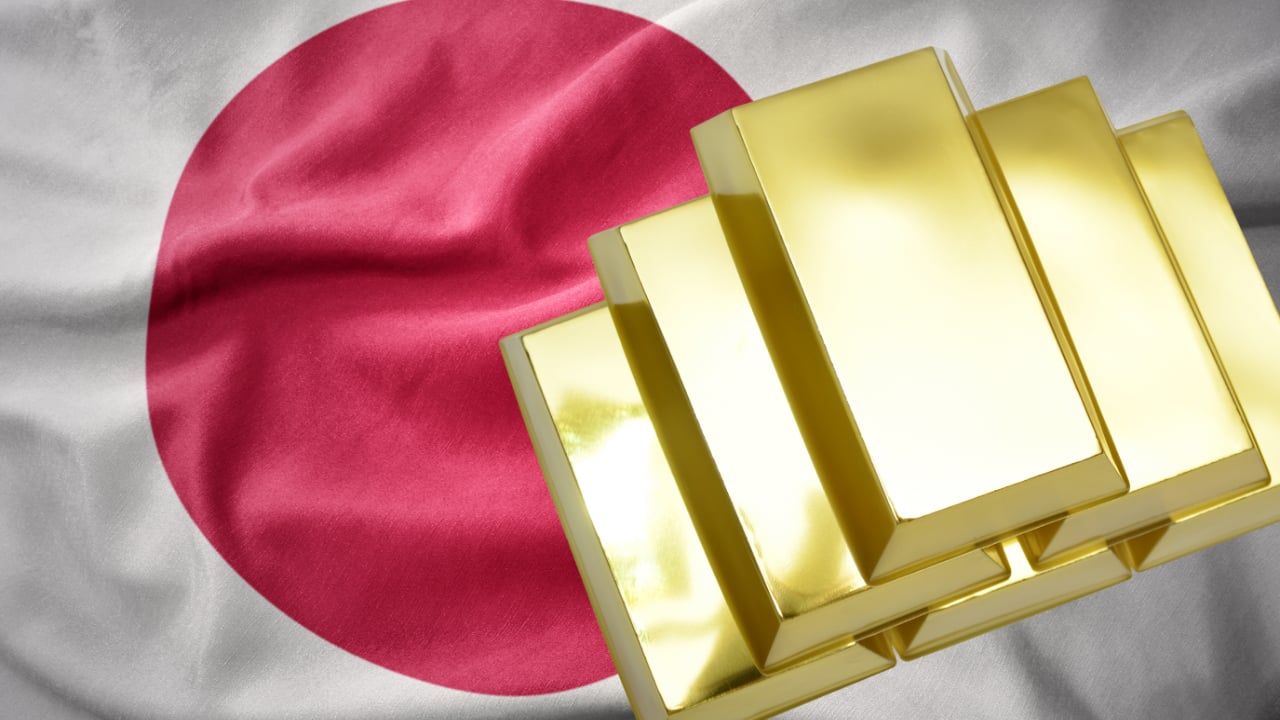
9. India: 781 Tonnes
India, a country with a deep cultural affinity for gold, holds 781 tonnes in its reserves. Gold has always been a significant part of India’s economy, both in terms of personal wealth and national reserves. The Indian central bank continues to increase its gold holdings as part of its broader economic strategy.

10. Netherlands: 612 Tonnes
The Netherlands rounds out the top 10 with 612 tonnes of gold in its reserves. The Dutch central bank views gold as a vital component of its financial stability, acting as a safeguard against global economic turbulence. The Netherlands has also repatriated much of its gold in recent years, bringing it back to Dutch soil.
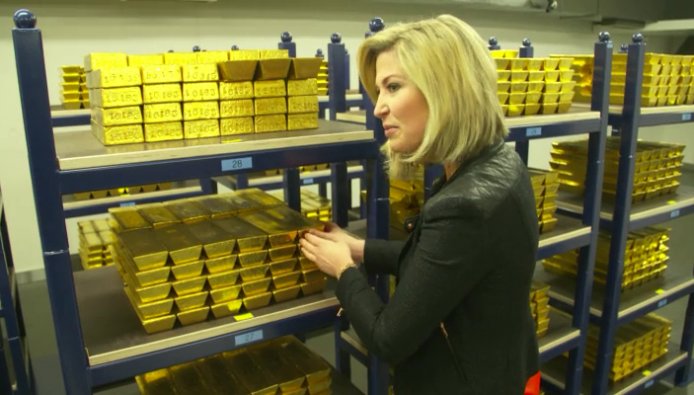
These top 10 countries are leading the world in gold reserves, using this precious metal as a shield against economic uncertainties and as a long-term store of value. As global financial landscapes continue to shift, gold remains a crucial asset for nations looking to secure their economic futures. Whether as a hedge against inflation, a safe haven in times of crisis, or a symbol of national wealth, gold continues to play an essential role in the world’s financial systems.


